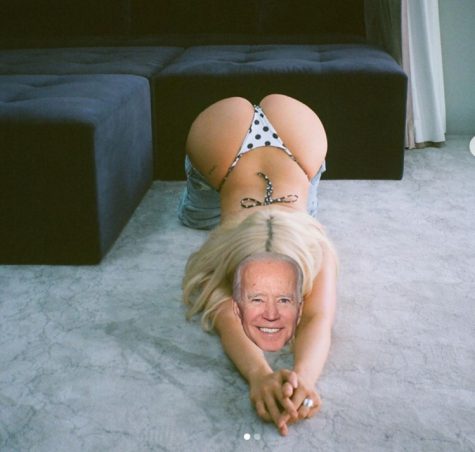#WTF: Euthanasia Streams
On September 4, terminally ill patient Alain Cocq announced through a Facebook post that he had eaten his last meal. After 34 years of excruciating pain, the 57-year-old made the choice to refuse continued healthcare and food in the hopes that he could pass. Instead of passing privately surrounded by his loved ones, Cocq attempted to bring his death to the rest of the world. As Cocq announced his last meal, he started what he hoped to be an extended live stream on Facebook. Over the next few days, Cocq intended to televise the steady decline of his health and eventual passing. Facebook quickly blocked the stream as it violates their content policies. However, the complex issue surrounding Cocq’s choice has sparked some ethical debates.
Cocq first made the decision to refuse care during the summer. In July, Cocq filed a formal request to President Emanuel Macron requesting formal authorization of a medically-assisted passing. This process is referred to euthanasia and is typically undergone by terminally ill patients for a variety of reasons. “I simply ask to leave with dignity, with active medical assistance,” wrote Cocq. “Some use the term ‘active euthanasia’ or ‘assisted suicide,’ but for me the term most suitable is ‘end of life with dignity with active medical assistance.'” Currently, euthanasia is illegal in France. As such, Macron personally denied Cocq’s request as he is “not situated above the law.” In an interview with CNN, Cocq noted that he expected that response from Macron but praised the president for the “compassion” he showed in his response.
When asked about the decision to livestream his passing, Cocq noted that he was not streaming for purposes of morbid “voyeurism,” but rather to “inform people about something we all know but refuse to talk about. Pain.” Cocq’s stream has already garnered attention from activist groups dedicated to supporting euthanasia, such as the French association for the right to die with dignity, or Association pour le Droit de Mourir dans la Dignité (ADMD). At the time of writing, Cocq has abandoned his streaming plans and has continued to seek treatment.
Given Facebook’s response to Cocq’s stream, it is unlikely that livestreaming platforms will see a rise in activism of this type. However, this stream could lead to further moderation efforts on these platforms and a redefined view of activism in these spaces. Cocq’s stream represents an extreme case of activism, so it is unlikely that it will impact these platforms’ current content policies.









